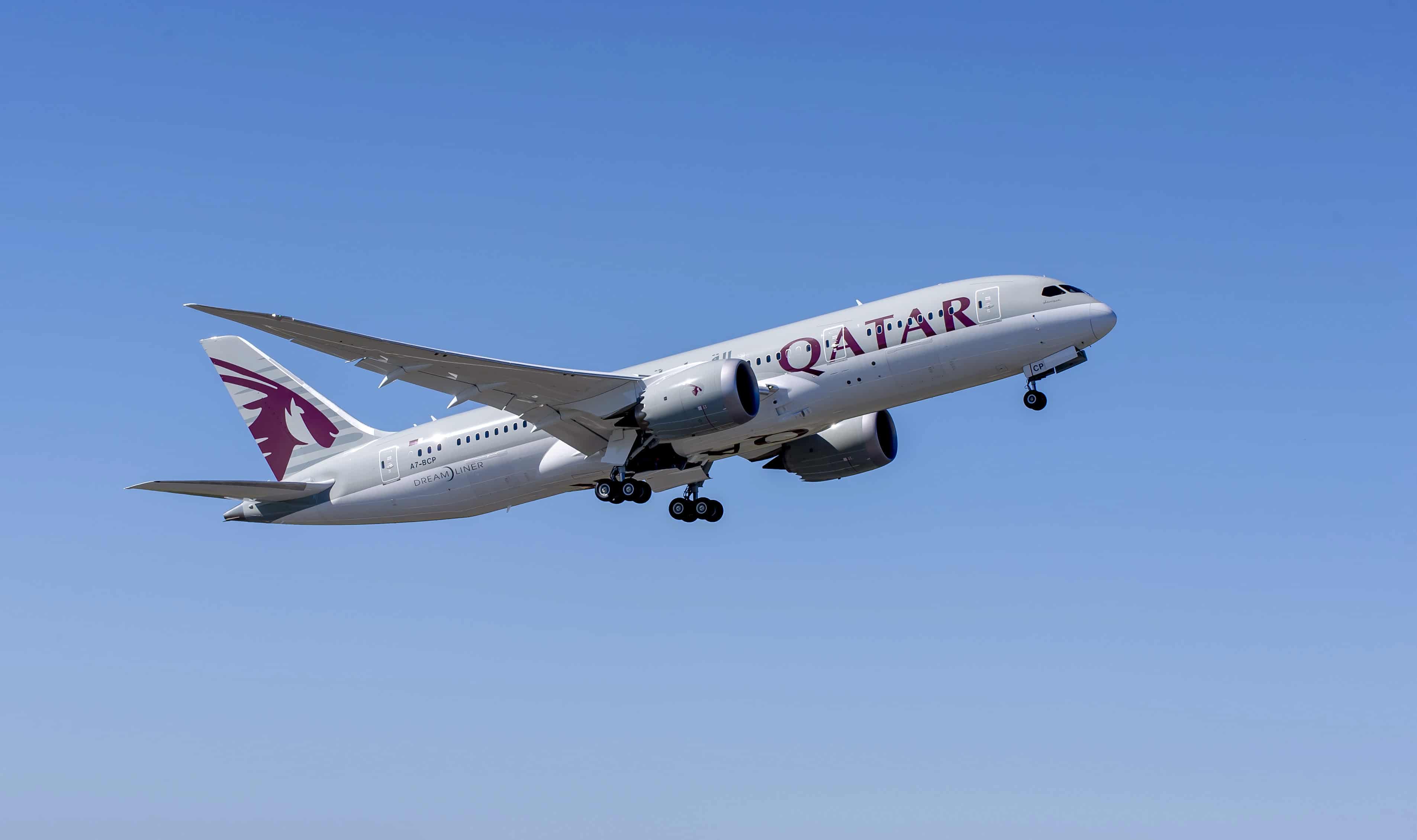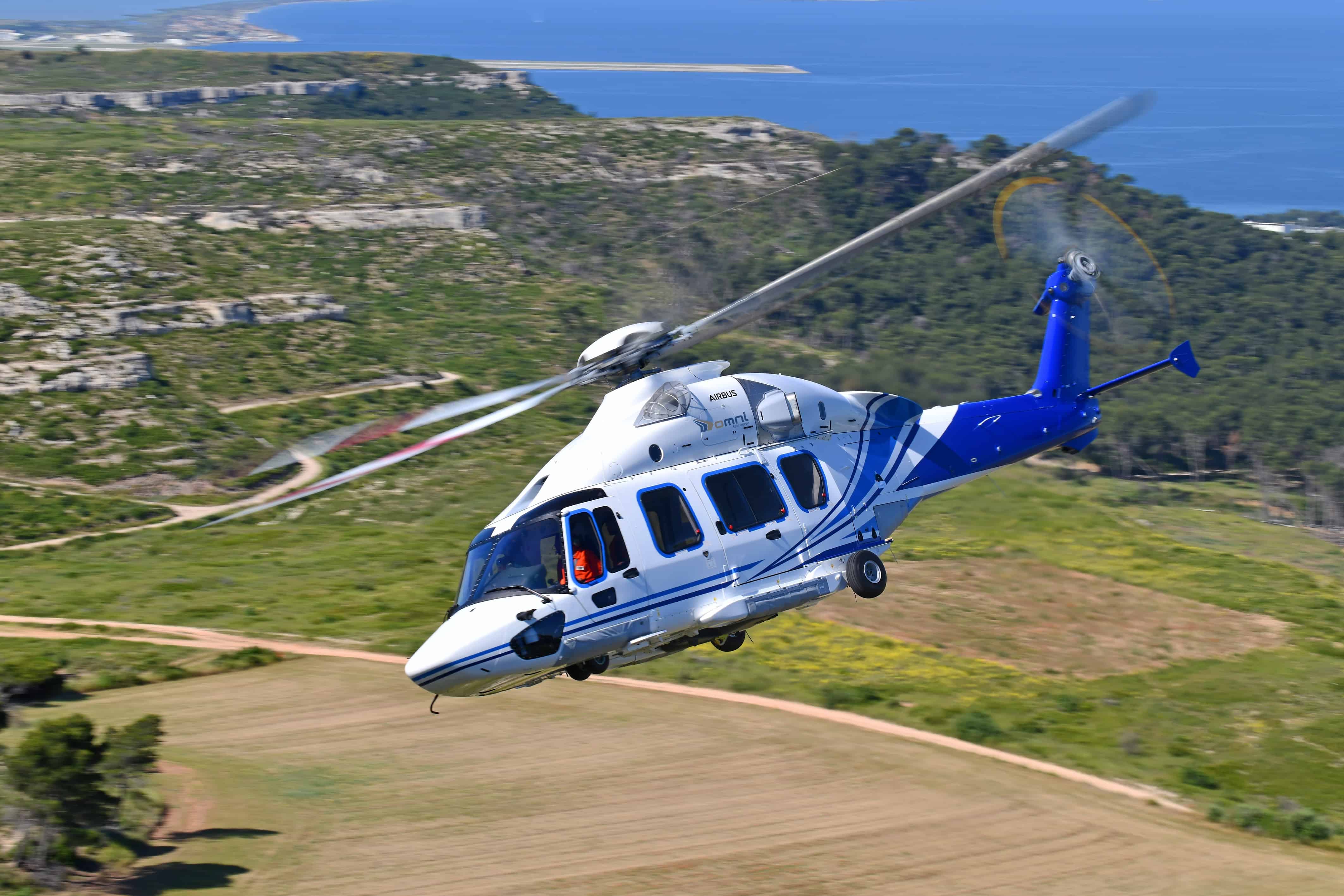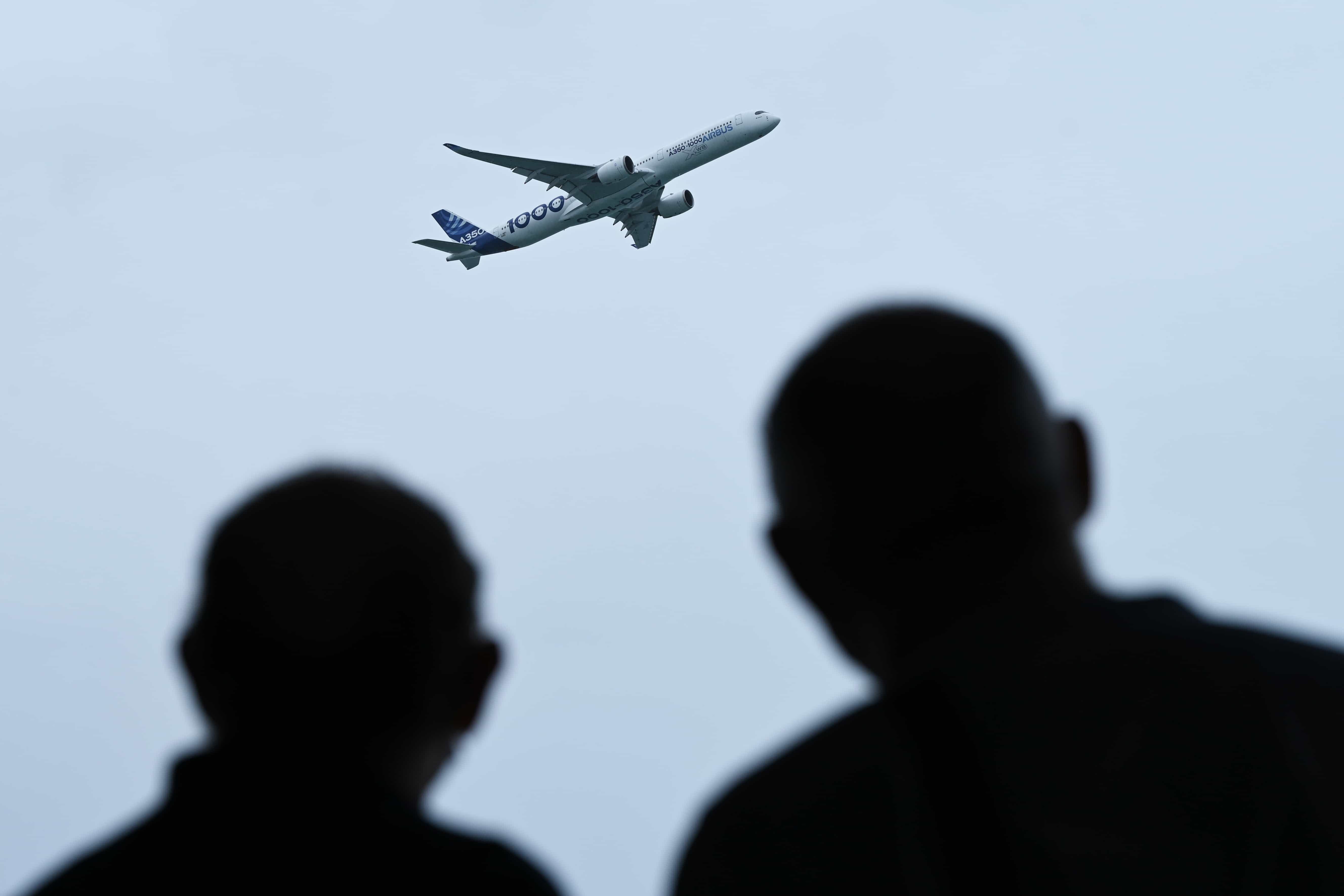For more than a decade now, Airbus has been the world’s largest manufacturer of aircraft, having wrested the crown from Boeing in 2011.
It has spread its manufacturing wings across Europe: Airbus plane parts are made all across Europe before being assembled into behemoths like the A380, the largest passenger aircraft in the world.
Airbus has also spread its wings in the GCC region, but unfortunately in terms of major setbacks, political turmoil, and production issues.
This, in spite of its best efforts to increase its customer base, across the world in general and in the GCC in particular, with advancement of its air systems.
Despite everything, some GCC companies and nations are continuing to collaborate with the European aircraft industry giant.
For example, Kuwait plans to announce an agreement to restructure the national airline fleet of Airbus aircraft, which will be the most significant agreement signed by the Kuwaiti national airline.
On the other hand, one of the most prominent issues of the international dispute between the company and Qatar Airways has lately emerged.
At the center is the phenomenon of deterioration of Airbus aircraft paintwork and lightning protection, a problem that Airbus has recognized the need to address.
A new agreement
Kuwaiti newspaper Al-Qabas claimed recently, quoting informed sources, that the Kuwait Airways Company was gearing up to announce the signing of a deal to restructure the company’s fleet of Airbus aircraft.
This is the largest agreement signed by the Kuwaiti national carrier with an airplane manufacturer.
The agreement calls for many new Airbus planes — of various types, sizes, and capabilities — to be added to the fleet.
According to the sources, the agreement represents an “exceptional qualitative leap in upgrading the aircraft fleet in terms of number, types, sizes, and passenger capacity available.”
The deal is expected to have a significant impact on Kuwait Airways’ commercial operations, as it aims to achieve its strategic goals, the most essential of which is keeping up with the newest technical and service innovations in aviation.
The strategy is said to be based on safety and security, followed by the best practices of customer service, while achieving fleet integration and homogeneity in proportion to the volume of demand.
The Airbus-Qatar Airways conflict
The Kuwait-Airbus agreement comes amid a massive crisis between Qatar Airways and the planemaker.

They have been at odds for months over the deterioration of aircraft paint and lightning protection, a problem that Airbus admitted the need to address, even as it argued that they do not jeopardize aircraft safety.
Qatar Airways has filed a $600-million lawsuit against Airbus, and has refused to receive any more A350 aircraft until regulatory authorities complete an official investigation into the problem.
Airbus has, meanwhile, canceled two contracts and a separate order from Qatar for 50 A321neo planes, claiming Qatar Airways mischaracterized the problem and misinterpreted the agreement.
Both parties pledged to defend their viewpoint in what is thought to be a rare public conflict in the generally closed-door aerospace business.
On February 19, 2022, a British judge ordered Airbus to postpone its decision to cancel a $6-billion purchase with Qatar Airways for several weeks.
Airbus CEO Guillaume Faurie stated that his company hoped to seek an amicable settlement with Qatar Airways.
“We had to make this choice to express our right,” he said, emphasizing that it came “after many attempts to find mutually beneficial solutions, and we still hope to reach an amicable settlement.”
Gulf countries and Airbus
The superiority achieved by Airbus over Boeing was a crucial component to the Gulf governments to sign big deals to purchase planes of various sizes.
On January 30 this year, Kuwait-based Jazeera Airways announced the approval of signing an agreement to purchase 28 aircraft from Airbus for about $3.4 billion.
The most recent deals in the UAE were signed before the pandemic, notably in November 2019, when Emirates and Air Arabia announced the signing of two agreements with Airbus to purchase 170 aircraft for a total of $30 billion.
Emirates stated that these planes would be delivered in May 2023.
The last agreement between Saudi Arabia and Airbus to supply civilian aircraft was in June 2019, after it announced the increase of its aircraft under a contract, from 35 to 100 aircraft.
However, Riyadh got into a deal on the military side when the Saudi Military Industries Company launched a joint venture with Airbus in the military aviation industry last December for services, maintenance, repair, and overhaul.

Al Sharqiya Airline, Oman’s first commercial operator of vertical aviation services, announced the approaching delivery of the five-bladed Airbus H145D3 aircraft in July 2021.
The H145D3 helicopter stands apart due to its ability to carry out various types of missions, as it is the first of its kind to be delivered in the Middle East.
Gulf Air, the official airline of Bahrain, acquired the final of its new Airbus 321neoLR in February 2021, and it is the second of 17 aircraft of this kind ordered by the carrier.
Previous conflicts with the Emirates
Tim Clark, president of Emirates, which the government of Dubai wholly owns, complained to plane-makers led by Airbus in September 2019 about faults in aircraft manufacturing and delays in the delivery.
According to Bloomberg, Emirates attempted to cancel five Airbus aircraft slated for delivery in 2021 due to the global Covid-19 outbreak.
In mid-2014, Airbus said Emirates had canceled an agreement for 70 new A350s months after placing an order with Boeing’s American competitor for 150 777Xs.

